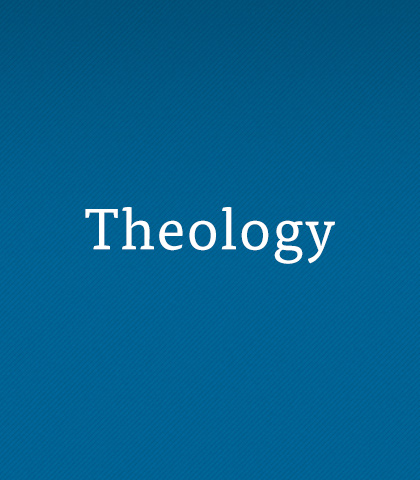Fool's Gold
How do we sift and sort truth from error? Do we all have to be biblical scholars in order to avoid falling into deception and error? And how do we respond to error?

What words come to mind when you hear the term theology? Dry…Dreary…Doubtful…DULL? You’re not alone.
Too often we don’t realize that theology—thinking about God—is an intimate part of our everyday lives, rather than something that takes place in ivory towers crowded with bearded men crouched over dusty books. We each engage in theology because we each have a set of beliefs about God. But rather than being content with our ideas about God as they now stand, we should each have a desire to know God better than we do today. If you’ve got that desire, then you’re ready to do theology!
Let these resources point the way to a faith more deeply connected with who God actually says He is.
How do we sift and sort truth from error? Do we all have to be biblical scholars in order to avoid falling into deception and error? And how do we respond to error?
Many Christians assume that doubt is the opposite of faith. It isn't. Unbelief is the opposite of faith. And somewhere in between faith and unbelief lies the realm of doubt.
Our nation's technical knowledge and scientific expertise overshadow our grasp of Bible basics to an appalling degree.
This is to test
This is to test an ad block custom module.